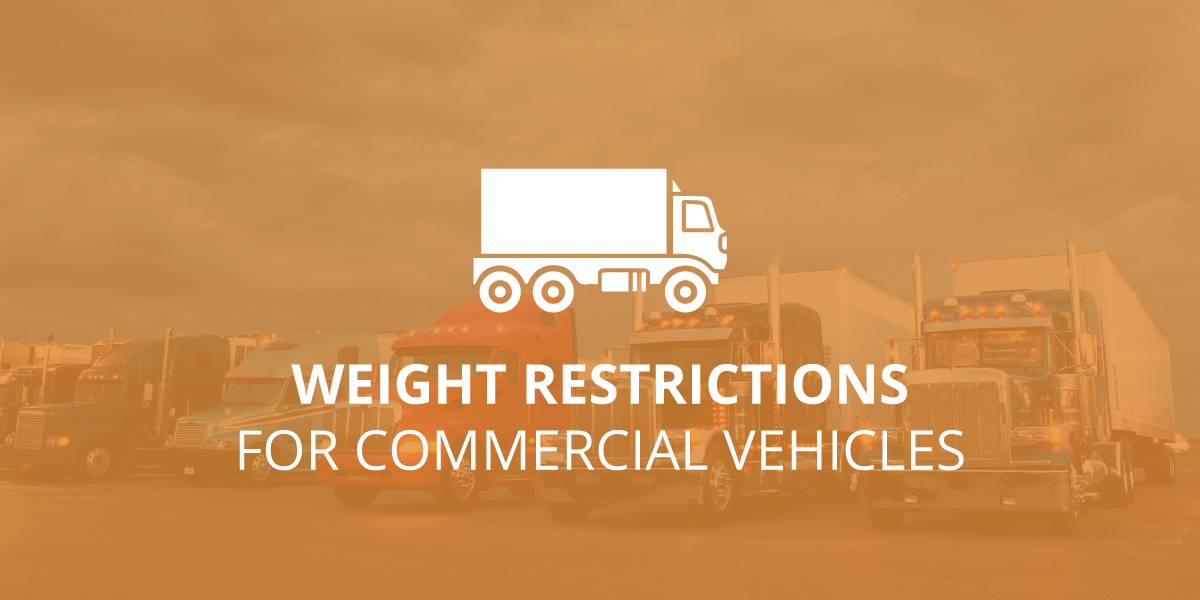If you were injured in a commercial truck accident, we recommend contacting Brooker Law to speak with a Texas personal injury lawyer. We routinely handle truck accident injury and fatality claims. We understand why these accidents happen and how to successfully pursue compensation for property damage, medical bills, pain and suffering, and more.
Specifically, we are well versed in the Federal Motor Carrier Safety Administration (FMCSA) regulations for these vehicles as well as how to investigate for violations. These regulations include weight restrictions, and if we find the tractor-trailer in your accident was too heavy, this can help us pursue full and fair compensation for your injuries.
Why a Semi-Truck’s Weight Matters
A vehicle’s weight is significant. Consider driving on the highway. You may see a sedan, mini-van, and 18-wheeler all moving at 65 mph. Up ahead, something has gone wrong, and each of these vehicles needs to stop. Because each of these vehicles is a different weight, they will need different distances to come to a complete stop. The heavier a car or truck is, the more the brakes have to work against inertia to stop the vehicle.
The FMCSA restricts a truck’s weight because it is clear that heavier vehicles have a harder time coming to a complete stop and create a greater risk for crashes. Additionally, the heavier a vehicle is, the greater the damage it can cause upon impact with another car, van, SUV, or truck.
Federal Weight Limits for Tractor-Trailers
In general, 18-wheelers—the traditional semi-truck you see on the road—can not weigh more than 80,000 pounds total. This includes the weight of the vehicle and the cargo together.
Weight limits are found under 23 Code of Federal Regulations (CFR) §658.17, which states the maximum gross vehicle weight shall be 80,000 pounds except where lower gross vehicle weight is dictated by the bridge formula. The maximum gross weight upon any one axle, including any one axle of a group of axles, or a vehicle is 20,000 pounds. The maximum gross weight on tandem axles is 34,000 pounds.
There are exceptions to this rule under federal and state laws.
This might not make sense to you, but it makes sense to us. When we handle your truck accident claim, we investigate the weight of the truck as well as the gross weight of the truck and the cargo to determine if this regulation was violated at the time of the crash.
Trucks May Carry Too Much Cargo
Semi-trucks themselves are heavy. These trucks have large cabs, even if the cab does not contain a sleeper berth for the driver. A truck may weigh up to 30,000 pounds without any cargo at all.
Trucking companies have to consider the weight of the truck when determining how much cargo can be loaded into the trailer. Companies cannot assume that they can fill a trailer full. Doing so may put the entire semi-truck over the 80,000-weight limit.
However, trucking companies may want to fill each trailer full to maximize their profits. The more cargo they can move each trip, the better. Some companies will choose to overload the trucks, violating the FMCSA regulations regarding maximum weight.
Consequences of a Semi-Truck Carrying Too Much Weight
You may wonder what difference is between an 18-wheeler and its cargo weighing 79,000 pounds versus 81,000 pounds. The consequences can be considered under certain circumstances. Whether a truck driver is aware or unaware of being overweight, it can impact the truck driver’s ability to operate the vehicle safely.
The more a semi-truck weighs:
- The longer it will take for the truck to stop.
- The more stress is put on the truck’s braking system and the greater the risk of brake failure.
- The more challenging it is to safely change lanes and pass other vehicles.
- The greater the risk of a tire blowout.
- The greater the risk the truck driver loses control of steering.
- The greater the risk of a rollover accident due to a higher center of gravity for the trailer.
- The greater the risk of increased speed while traveling downhill.
- The more challenging it is to travel up hills.
- The greater the risk of jackknife accidents, especially on wet roads.
Was the Truck Involved in Your Crash Too Heavy?
When you or a loved one are injured in a crash with a commercial vehicle, Brooker Law will vigorously investigate the incident, including determining the weight of the truck at the time of the accident and whether the weight violated federal or state law. We also will research whether the truck driver or that company was ever previously fined for weight violations.
When the truck company violated weight restrictions, we may use this evidence to pursue compensation for your injuries or loss. Contact Brooker Law today at (214) 217-0277 to schedule a consultation.
